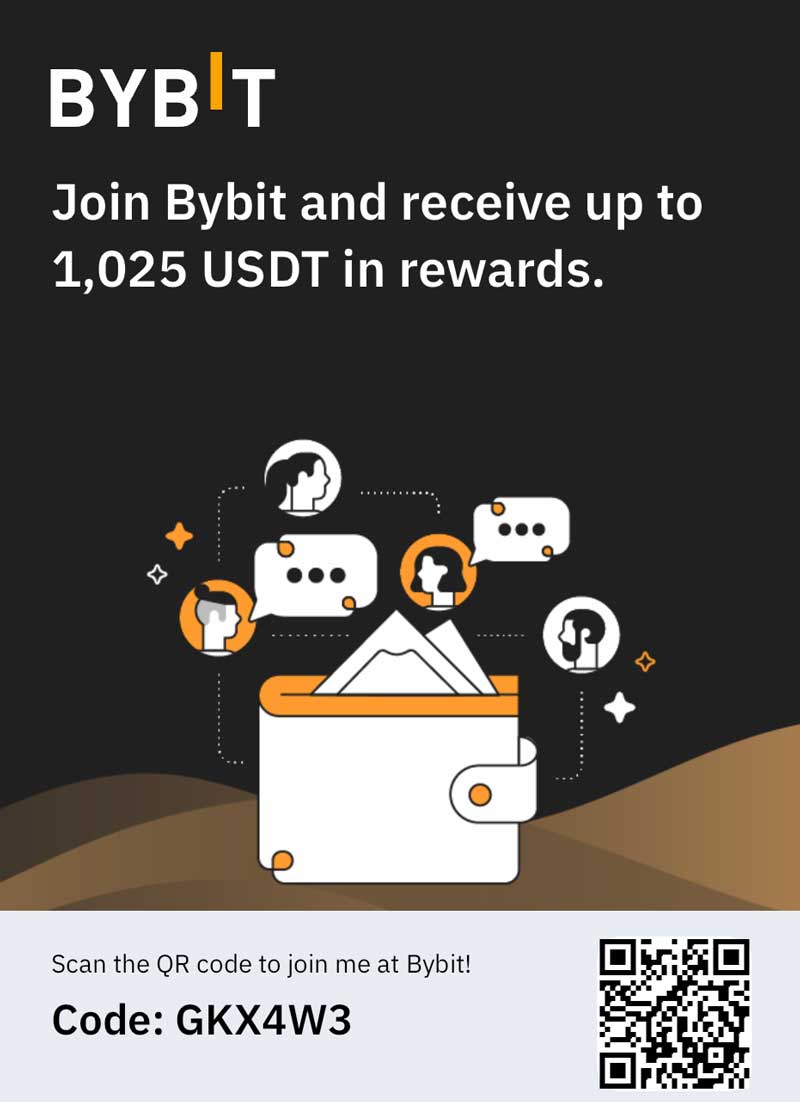Defining Internet Security and its Importance
The internet is a great place for sharing as well as gathering information on literally any topic in the known universe, it can also be used to stay in touch with family and friends whom you never get to meet on a daily basis. It is estimated that the annual web traffic increases by almost 25% every year! Thus with all this incredible functionality and worldwide access, there also comes a risk of serious security breaches too. The internet is an ideal place for commencing fraud or dishonesty, as well as spying on other users by using viruses or malware designed for gathering specific user data and corrupting it. Thus the importance of having adequate internet security measures can never be underestimated; having a competent antivirus protecting your PC or mobile phone is of paramount importance if you want to prevent crippling your integrity and losing your personal information.
5 Common Threats faced by Internet Users
There are tens of methods by which malicious programs or personnel might try to break into your PC, but such threats can broadly be classified into 5 general types; Spyware, Spam Mails, Theft of Identity, Phishing Mails, and personal error.
Spyware
The Spyware is a broad term used to signify anything from pop-up ads, key-loggers, to even include Trojans; which are a type of computer virus. These viruses are specifically designed to monitor your online activity, keeping track of the webpages you visit as well as the content that you usually download. In extreme cases, spywares can be used to obtain your financial data too, such as personal bank accounts, passwords, credit card numbers, and emails that you send.
Spam Mails
Spam mails are the unwanted mails that you find flooding your account every day; these mail(s) are usually related to product marketing and advertisements. Though they may appear to be harmless advertising ploys, spam mails can include links that trick you into visiting malicious websites.
Theft of Identity
This step is related to spyware, and involves other users using your credit card information or banking details to make illegal purchases on your part, or create false documents that may implicate you, thus if there is anything illegal going on, the evidence will point solely towards you.
Phishing Mails
This is a relatively new term in online security threats, phishing mails are designed to appear have been sent from trusted sites like PayPal and eBay (while actually they are fake ones imitating the real websites), asking you to enter your personal data such as passwords and relevant details.
Personal Error
Personal error is also an important reason for security threats; it can be greatly minimized if you learn to recognize links that appear to be innocent at first and might pack threatening material. Refrain from clicking on these links.
Security Software available online
There are various antivirus and security software available on the internet, both as premium subscription as well as free versions. These kinds of software(s) are more than capable of handling mainstream PC threats.


